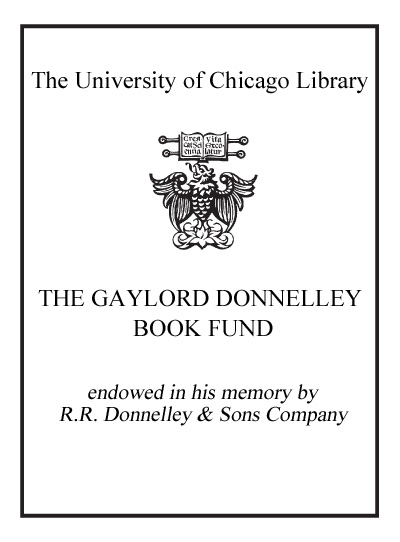Review by Booklist Review
France once embodied the crowning glory of culinary art, but the most serious gastronomes today turn increasingly elsewhere for inspiration. Because French food's hegemony was simply assumed as little as two decades ago, Steinberger marvels at this precipitous decline in Gallic reputation. His investigation finds manifold causes for this state of affairs. The cult of the celebrity chef has taken too many talents out of French kitchens and into the world of marketing and multiple dining rooms in far-flung cities. Evolving French social conditions and tax laws have also served to nurture the highest-price restaurants and cheap fast-food outlets, driving middle-range restaurants out of business. Simultaneously, French wines have faced competition from successful new enterprises in California, Chile, South Africa, and Australia. In short, France has been so successful in encouraging the rest of the world to admire French food that its students now rival the old masters.--Knoblauch, Mark Copyright 2009 Booklist
From Booklist, Copyright (c) American Library Association. Used with permission.
Review by Library Journal Review
Steinberger, a journalist and wine columnist for Slate, has been a Francophile since he was 13 and ate in his first two-star Michelin restaurant. For years he has been concerned about the decline of French gastronomy, and he's made numerous trips to France to eat at fine establishments and study the French food industry. In chapters that may be read as separate essays, he discusses reasons he sees for the change. Among them are the introduction of fast food, specifically McDonald's, which now is France's largest private-sector employer; the increased government regulation and taxation of foods and restaurants; and the flight of French chefs to the United States and Japan. After over 200 pages of dire predictions, Steinberger concludes that he wants to be back in "the France that I know and hope will endure." Verdict Recommended for serious foodies who are still fans of French cooking, Francophiles, and students of French social and culinary history.-Christine Bulson, SUNY at Oneonta Lib. (c) Copyright 2010. Library Journals LLC, a wholly owned subsidiary of Media Source, Inc. No redistribution permitted.
(c) Copyright Library Journals LLC, a wholly owned subsidiary of Media Source, Inc. No redistribution permitted.
Review by Kirkus Book Review
A culinary expedition through France hunting for the root of the slow decline of the country's acclaimed food and wine traditions. Slate wine columnist Steinberger introduces his subject by asking, "Did [the French] no longer care to be the world's gastronomic beacon?" In 2007, the author traveled to Paris for answers, kicking off his research by interviewing the eminent chef Guy Savoy, then briefly retracing the history of the country's cuisine, beginning in the 16th century. He elucidates how the years under Franois Mitterand and Jacques Chirac, rife with economic stagnation, hurt restaurants, while newly rich patrons in Britain and the United States "bankrolled gastronomic revolutions" abroad. Steinberger also conferred with other famous chefsincluding Alain Ducasseand local makers of wine and cheese, asking for their thoughts on the state of culinary affairs. He illustrates how the dawn of the "Michelin [Guide] era" affected the global restaurant world, and met with the company's current head, Frenchman Jean-Luc Naret, who confided that, contrary to some chefs' suspicions that factors like nice bathrooms boost scores, "What matters is what's on the plate." Though modern French cooking has been the subject of many books, Steinberger's meticulous research and personal hunger for objective truths bring surprising discoveries to light. A chapter about endangered cheeses, for instance, explains that increased standards of hygiene have meant fewer bacteria in milk, a change that has completely altered the production of Camembert. The author also wonders about the impact of France's growing ethnic population on traditional restaurants, a question connected to the larger issue of who or what defines modern France and, by extension, its food. An offering of fresh and engaging insights for foodies and Francophiles alike. Copyright Kirkus Reviews, used with permission.
Copyright (c) Kirkus Reviews, used with permission.
Review by Booklist Review
Review by Library Journal Review
Review by Kirkus Book Review


